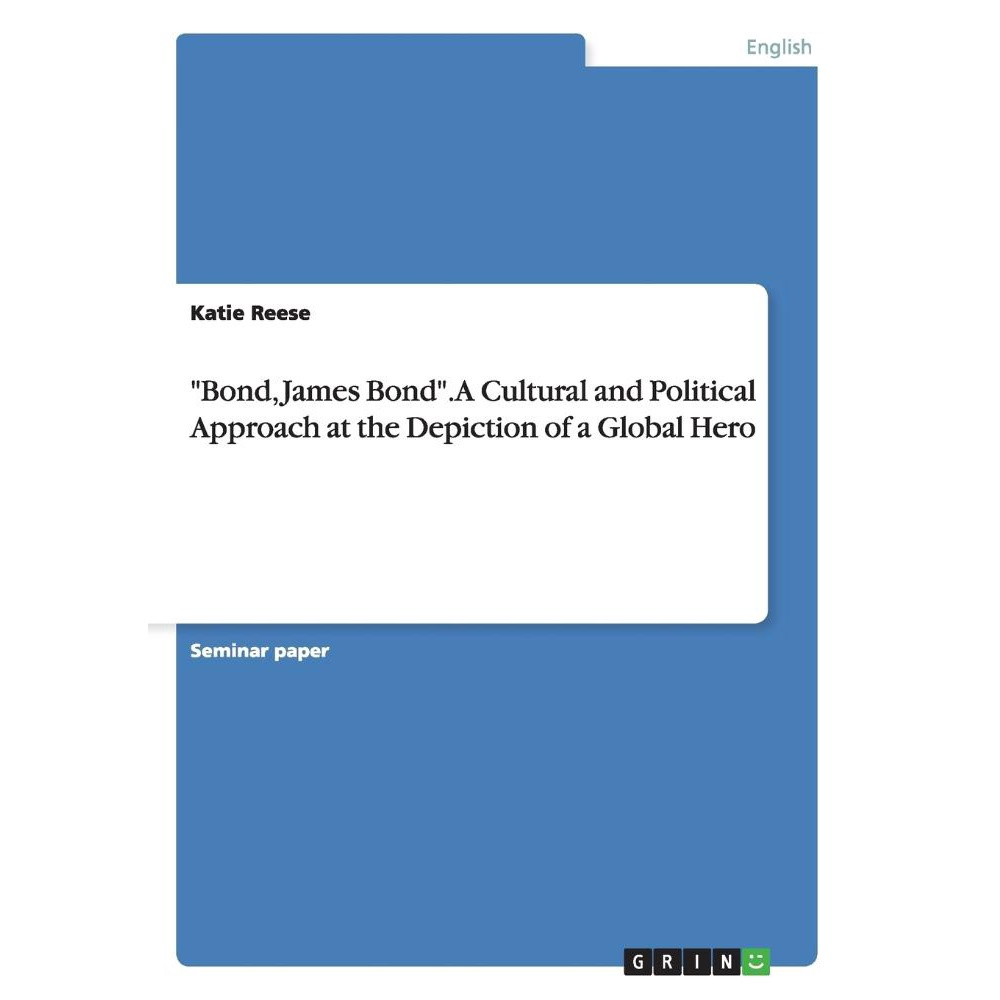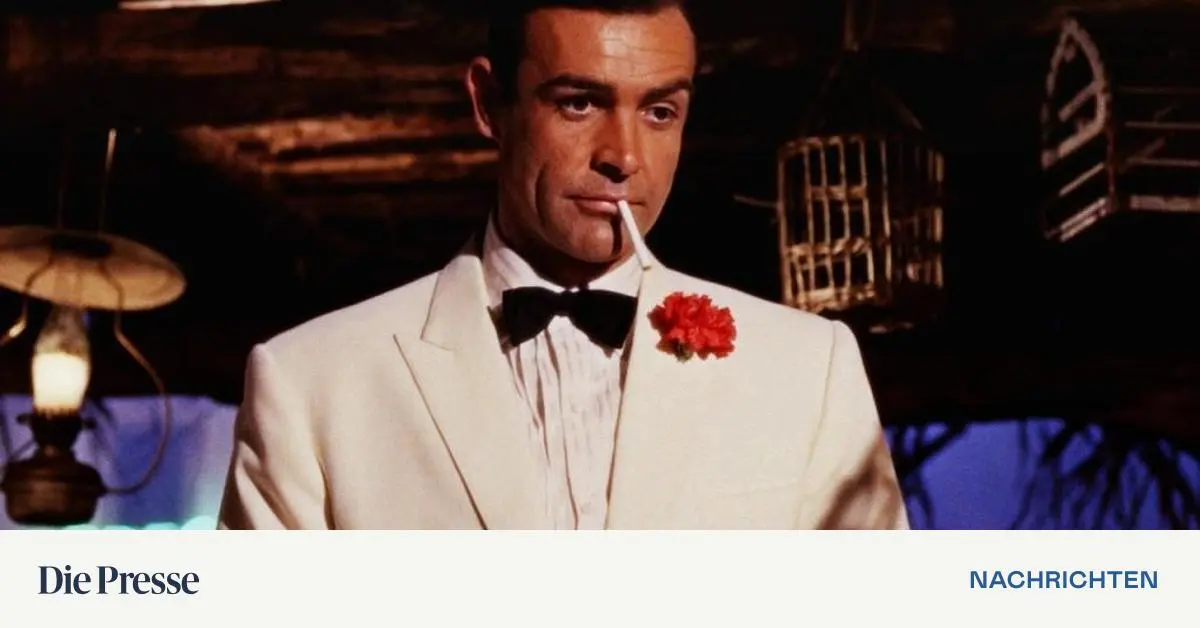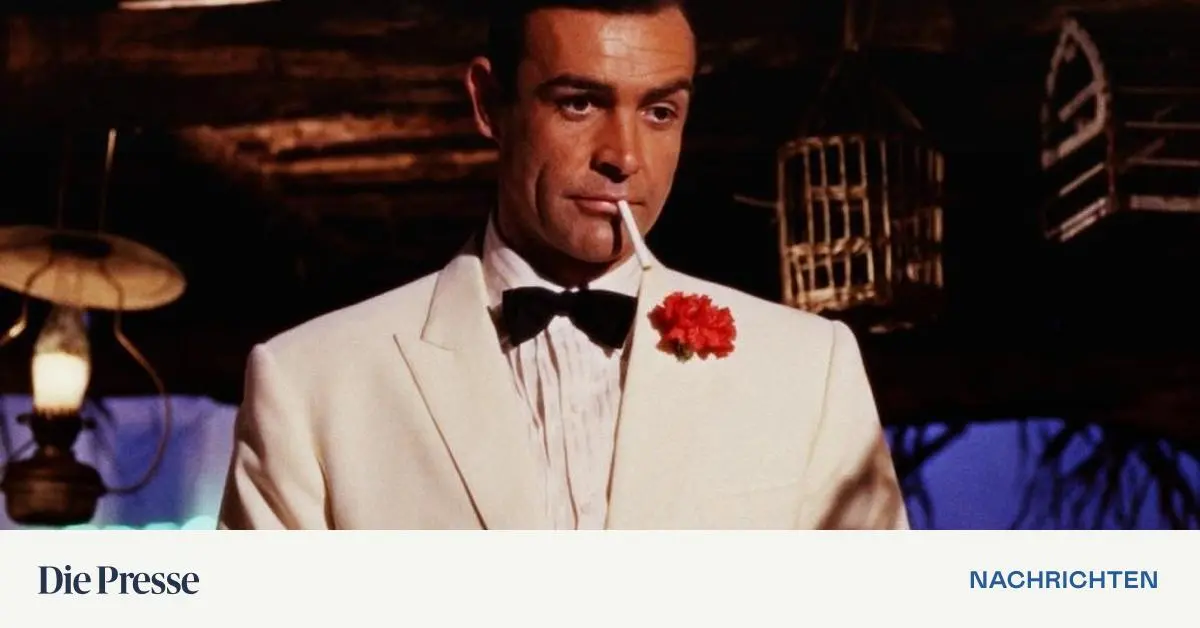The iconic figure of James Bond, created by author Ian Fleming in the 1950s, represents more than just a suave secret agent; he embodies the cultural and political zeitgeist of his time. Over the decades, the Bond franchise has not only entertained audiences but also sparked discussions around various political issues, reflecting societal values and controversies. This article examines how the James Bond films have intertwined with political controversies, illustrating their role as a cultural reflection.
The Evolution of James Bond and Political Context
Since the release of “Dr. No” in 1962, the Bond series has evolved significantly, mirroring the changing political landscape. Each era of Bond films reflects the anxieties and aspirations of its time. From the Cold War tensions to contemporary global issues, Bond has served as both a product and a commentary on the political climate.
1. The Cold War Era: Espionage and Ideological Conflict

The early Bond films were deeply rooted in the Cold War context, focusing on the ideological battle between the West and the Soviet Union. Films like “From Russia with Love” and “Goldfinger” encapsulated the fear of communism and the complexities of espionage. The portrayal of villains often mirrored the Western perception of the Soviet threat:
- Dr. No – The first villain, Dr. No, is a member of the criminal organization SPECTRE, which can be seen as a metaphor for the unseen hand of communism.
- Goldfinger – Auric Goldfinger, a capitalist villain, represented a threat to Western values, showcasing the fear of wealth and power in the hands of the “enemy.”
These films reflected a world where espionage was not just a game of intelligence but a crucial component of international relations. By portraying the MI6 agent as a heroic figure, the Bond films reinforced Western ideals while demonizing the adversary.
2. Gender Politics and Feminism
As cultural norms shifted in the 1970s and 1980s, so did the portrayal of women in Bond films. The earlier depiction of “Bond girls” often reduced female characters to mere objects of desire. However, as feminist movements gained momentum, the narrative began to evolve:
- The Spy Who Loved Me – Featuring a more competent and assertive female lead, Anya Amasova, this film began to challenge traditional gender roles.
- GoldenEye – The character of Xenia Onatopp, while still a femme fatale, brought a new level of complexity and agency to the female antagonist role.
Despite these advancements, the series has faced criticism for its inconsistent treatment of women. The #MeToo movement has reignited discussions about the portrayal of women in the franchise, leading to calls for more nuanced and empowered female characters.
Modern Political Issues: Globalization and Terrorism
In the 21st century, the Bond franchise has grappled with the complexities of globalization and the evolving nature of terrorism. Films like “Casino Royale” and “Skyfall” address contemporary issues such as the threat of global terrorism and the ethical implications of surveillance and state power.
1. The Rise of Global Terrorism
With the advent of the War on Terror, Bond films have had to adapt to a new narrative. The portrayal of villains has shifted from ideological adversaries to more ambiguous figures representing global threats:
- Casino Royale – The film introduced Le Chiffre, a financier for terrorist organizations, reflecting the financial underpinnings of modern terrorism.
- Spectre – The film’s antagonist, Franz Oberhauser, represents the interconnectedness of global criminal organizations and the challenges of combating such threats.
This evolution reflects a broader societal anxiety about security in an increasingly interconnected world. The Bond franchise has become a lens through which audiences can examine their fears and hopes regarding global issues.
2. Surveillance, Privacy, and Ethics
As technology advances, the ethical implications of surveillance have become a central theme in recent Bond films. The portrayal of MI6’s operations raises questions about privacy and the moral dilemmas faced by intelligence agencies:
- Skyfall – The film explores the consequences of surveillance and the balance between security and individual rights.
- No Time to Die – The narrative addresses the potential misuse of technology by state actors, presenting a cautionary tale about the dangers of unchecked power.
The portrayal of these themes reflects contemporary concerns about privacy in the digital age, prompting audiences to think critically about the implications of living in a surveillance state.
Case Studies: Bond Films as Political Commentary
Several Bond films serve as compelling case studies for examining the intersection of politics and culture. Analyzing these films reveals how they engage with pressing political issues while entertaining audiences.
1. “Goldfinger” and the Cold War

The 1964 film “Goldfinger” not only introduced the iconic villain but also encapsulated Cold War anxieties. The film’s plot revolves around a gold heist that threatens the global economy. This theme resonates with the fear of economic warfare during a time when the West was wary of Soviet influence. The film’s portrayal of capitalism as a force for good, juxtaposed with the villain’s greed, reflects the ideological battle of the era.
2. “Skyfall” and the Modern Intelligence Landscape
“Skyfall,” released in 2012, offers a poignant reflection on contemporary intelligence issues. The film addresses the vulnerabilities of intelligence agencies in the face of cyber threats and the consequences of outdated operational methods. The character of M, portrayed by Judi Dench, embodies the challenges faced by leaders in navigating the complexities of modern espionage, emphasizing the need for adaptability in an ever-evolving threat landscape.
The Impact of James Bond on Popular Culture
The Bond franchise has not only influenced cinema but has also left a lasting mark on popular culture and political discourse. From fashion to language, Bond’s impact is undeniable:
- Fashion and Style – The franchise has shaped men’s fashion, popularizing tailored suits and luxury brands.
- Catchphrases – Lines like “Bond, James Bond” have become part of the cultural lexicon, symbolizing sophistication and intrigue.
- Political Discourse – The films have prompted discussions on national security, ethics, and international relations, making them relevant beyond entertainment.
Moreover, the franchise has inspired countless parodies and tributes, showcasing its lasting influence on global culture.
Conclusion: The Cultural Reflection of James Bond
The James Bond franchise serves as a fascinating cultural reflection, encapsulating the political controversies and societal changes of its time. From its Cold War roots to contemporary issues of terrorism and surveillance, Bond has evolved alongside the world, offering audiences both entertainment and a lens through which to examine pressing political matters. As society continues to grapple with complex challenges, the Bond films will likely remain a powerful commentary on the interplay between culture and politics.
In summary, the James Bond franchise is more than just a series of action-packed films; it is a cultural artifact that reflects the political landscape of its time. By examining the evolution of Bond, we gain valuable insights into the broader societal issues that continue to resonate today.





